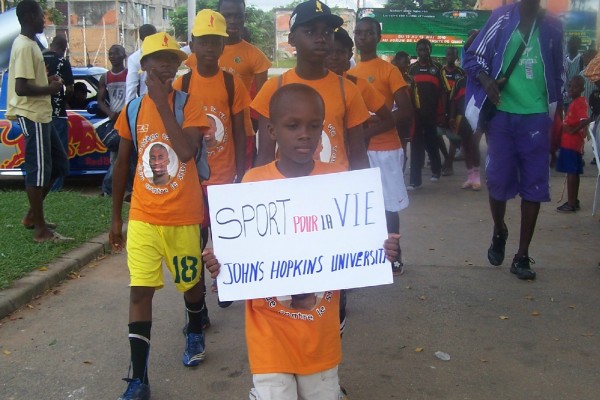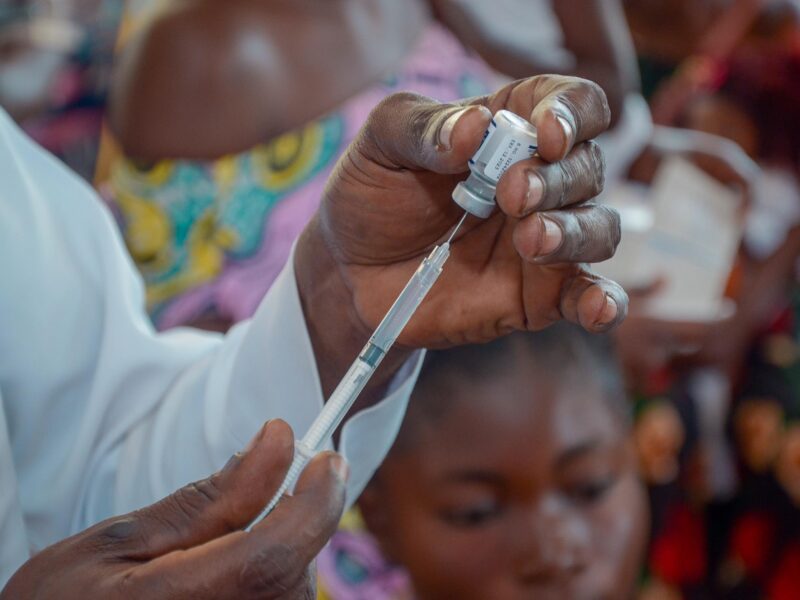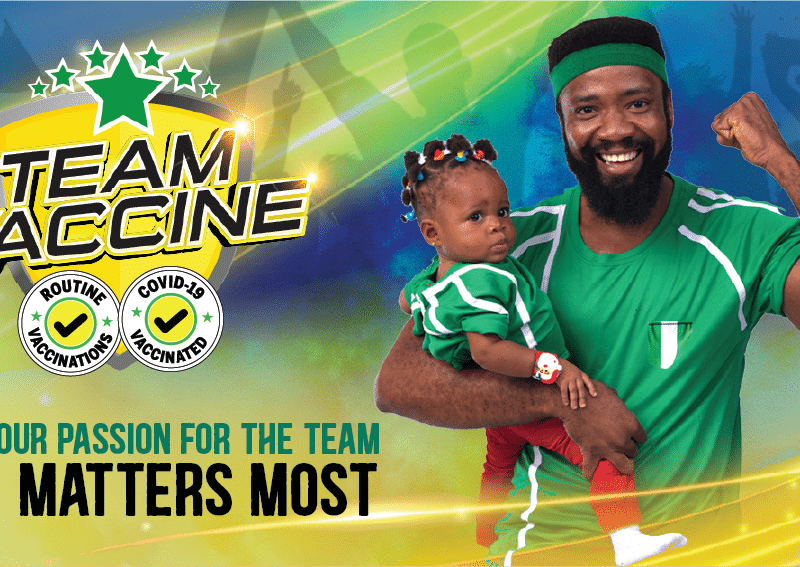Paul Ban lives in Abidjan, Cote d’Ivoire with his nine children. As leader in his community, he finds that the many demands on his time pull him away from his family, especially his children.
However, this began to change when Mr. Ban’s children invited him to a meeting at their school. Looking back, Mr. Ban confesses that if he had known then what the meeting would be about, he would not have attended. Nonetheless, since that day Mr. Ban has chosen to attend every single meeting.
The focus of the meetings is the child-parent component of the Sports for Life program that is led by the Johns Hopkins Bloomberg School of Public Health Center for Communication Programs (JHU∙CCP).
Sports for Life is an HIV/AIDS prevention program for youth. Using soccer as a foundation to enhance group identity and promote life skills and healthy behaviors, the program is being implemented in both rural and urban environments in eight countries across Africa, including Cote d’Ivoire.
The child-parent communication component of Sports for Life seeks to actively engage parents in communication with their children about avoiding risky sexual behaviors. It encourages parents like Mr. Ban to build or rebuild relationships with their children through open communication.
Mr. Ban describes the impact of the program happily: “I became another person, a better father to my children, with whom I speak regularly now. Sometimes we even make jokes, which was not the case before. I take these opportunities to advise them.”
Mr. Ban firmly believes that open communication between parents and children about risky sexual behavior is important. One of his daughters said she hardly knew about HIV/AIDS or sexually transmitted infections before joining Sports for Life and another daughter became pregnant at the age of 16.
To date, Sports for Life has reached more than 70,000 youth and adults during its community outreach events and about 800 parents like Mr. Ban have participated in the program’s child-parent education component.
Sports for Life is funded by USAID and PEPFAR and implemented by CCP.




